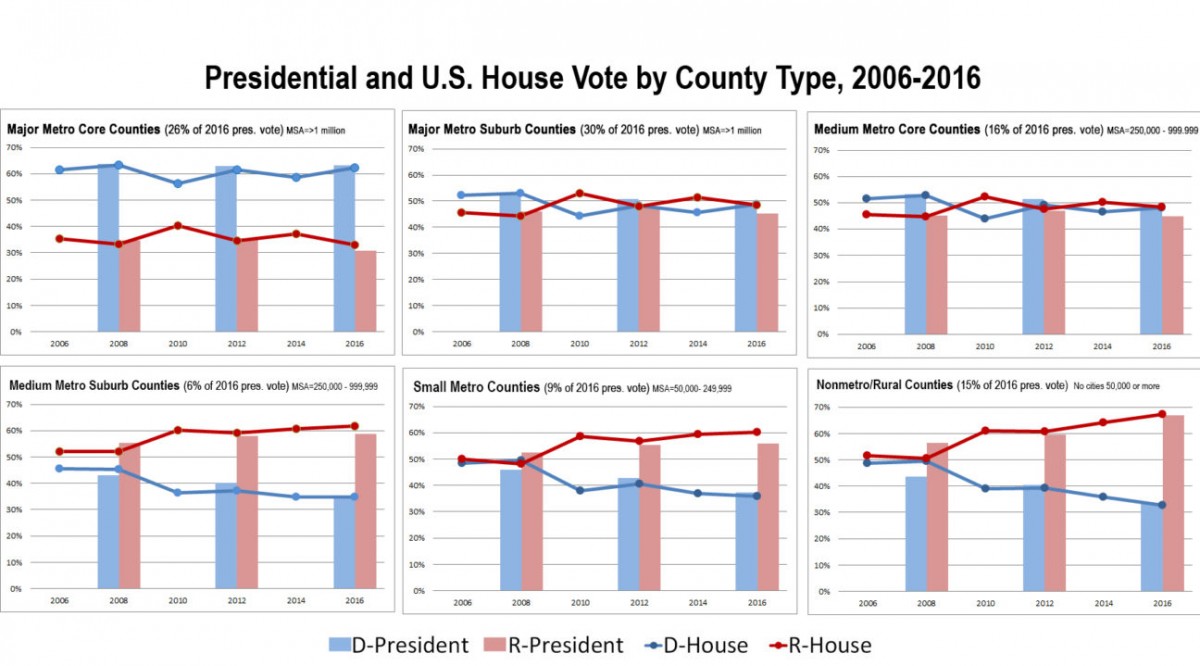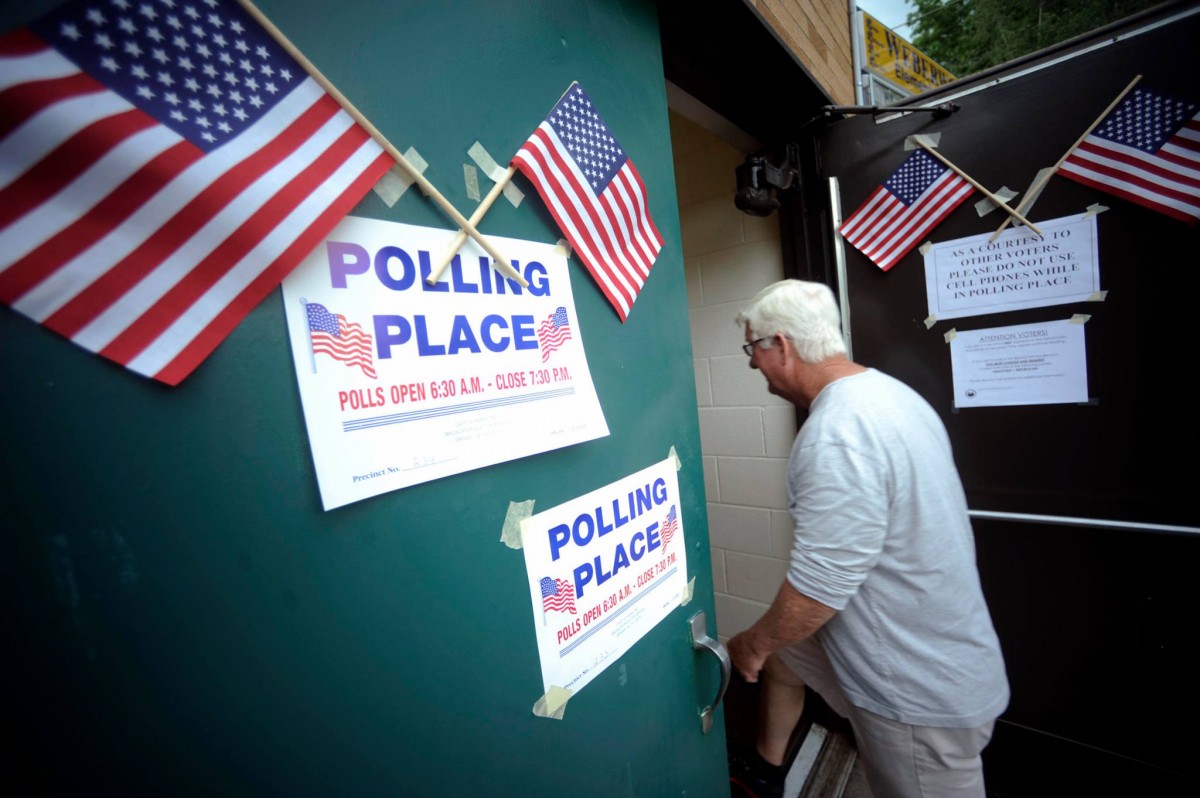The hotly contested West Virginia primary for a U.S. Senate seat is now over. But it didn’t take more than a few hours for the general election to start.
Sen. Joe Manchin, D-W.Va., appeared on West Virginia radio host Hoppy Kercheval’s show, the morning after election night. In the general election, Manchin faces Republican state Attorney General Patrick Morrisey in what most observers see as a competitive race.
Manchin portrayed himself as a fiscal conservative both as governor and in the Senate in his interview with Kercheval. He expressed concern about the rising federal debt, which exceeds $21 trillion in the broadest measurement.
“By 2022, just the interest payment on our debt will be greater than the defense of our country,” Manchin said.
Is Manchin right? We found that he’s at least certainly close.
In 2017, the last year for which complete data is available, defense spending stood at $590 billion.
Net interest on the debt stood at $263 billion, according to the Congressional Budget Office, the nonpartisan budget analysis arm of Congress.
So defense spending is currently more than twice as big as net interest.
However, net interest is expected to grow faster than defense spending over the next decade.
That’s according to CBO’s most recent Budget and Economic Outlook report, which projects a variety of budget categories 10 years into the future. (See Fig. 2.1 here.)
Between 2018 and 2028, CBO projects, both defense and interest will rise, with interest overtaking defense spending in fiscal year 2023.
In 2023, defense spending will be $679 billion and net interest will reach $702 billion. The gap will only grow from there.
This article was originally published by PolitiFact.



